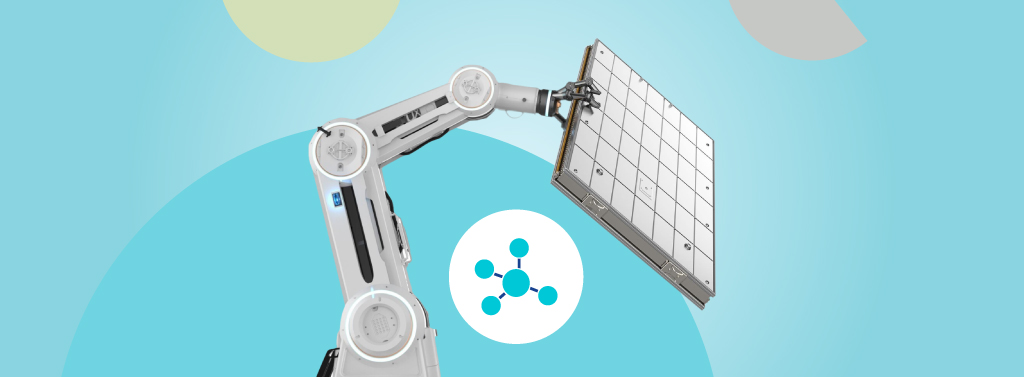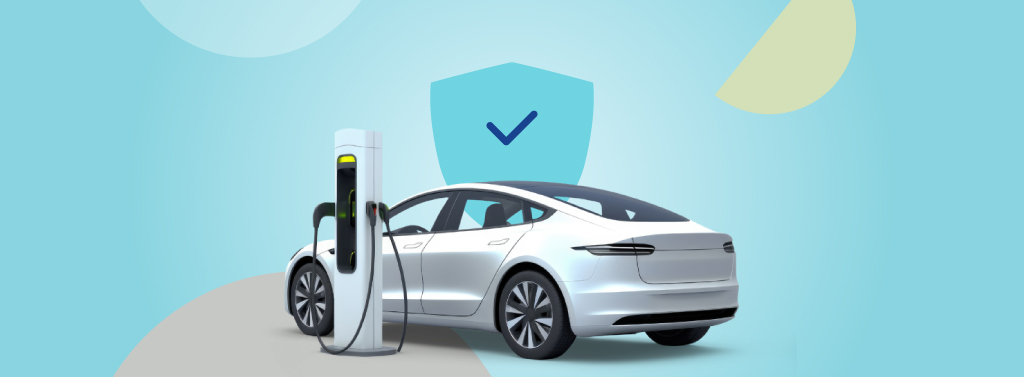-

Powering the Future with Responsibility: Advancing Sustainable Battery Sources
With lithium-ion batteries playing a crucial role in various applications, there’s a strong push for more sustainable battery options. Materials like cobalt and nickel in these batteries can harm the environment and are becoming harder to procure. Battery demand is set to rise by approximately 30%, reaching nearly 4,500 gigawatt-hours (GWh) annually by 2030. Initiatives…
-

The Importance of Cell Balancing and SoC Estimation in EV Battery Management
The global shift towards electric vehicles (EVs) has underscored the importance of effective battery management. Cell balancing and State of Charge (SoC) estimation are two critical aspects of this. Cell balancing ensures uniform charge levels among cells, reducing variations, enhancing efficiency, and prolonging battery life. SoC estimation, on the other hand, prevents battery overcharging and…
-

Silicon Anode for EV Batteries: Can Recent Advances Overcome All Challenges?
Due to rising environmental concerns and a concerted global push towards sustainable energy solutions, electric vehicles (EVs) have emerged as a sustainable solution. The International Energy Agency predicts that: By 2040, 55% of all new car sales and 33% of the global fleet will be electric The lithium-ion battery serves as an integral component of…
-

Evaluating Solid-State Battery Manufacturing Breakthroughs for EVs
Solid-state batteries (SSBs) are a promising emerging technology for energy storage, offering high energy density, safety, and long cycle life. However, some challenges still persist in solid-state battery manufacturing. These include processing air-sensitive glass/ceramic materials and issues related to cost, materials availability, etc. The global SSB market was valued at USD 126.7 million in 2022…
-

Decoding Advanced Algorithms for Accurate EV Battery Health Monitoring
According to a report by Fortune Business Insights, the electric vehicle battery market is projected to reach $82.20 billion by 2026, exhibiting a CAGR of 6.6%. This substantial growth reflects the increasing adoption of EVs. A sustainable EV battery health can uplift customer satisfaction and amplify this growth. In this context, consistently monitoring the key…
-

Fast Charging of EV Batteries: All The Latest Research on Improving Charging Rates and Battery Life
Fast charging EV batteries aren’t just a time-saver but a game-changer, transforming the prospects of EVs for every potential buyer. A groundbreaking study featured in IEEE Transactions on Control Systems Technology unveils a revolutionary approach. Instead of charging all cells in a battery pack the same way, carefully controlling the electric current to each cell…
-

Identifying and Controlling Thermal Runaway Risks in EV Battery Systems
Electric Vehicle (EV) battery thermal runaway is a rare yet dangerous phenomenon. This happens when the battery’s temperature rises out of control, which can lead to serious accidents. Incidents, such as the electric van fire involving a Mercedes Vito EV in June 2023, highlight the real-world consequences of thermal runaway. Key factors behind this incident…
-

Safeguarding EV Battery Performance in Harsh Temperatures: Optimizing Materials and Design
As the world accelerates towards electric vehicles (EVs), the durability of key components, particularly batteries, takes on a new level of importance. The extreme temperatures present a formidable challenge, with direct implications for the efficiency and lifespan of EV batteries. To combat this, the spotlight falls on EV battery protection in extreme weather! The lithium-ion…
-

Decoding EV Battery Innovations Through Patent Analytics
With the growing emphasis on greener transportation, electric vehicles (EVs) are emerging as the perfect mobility solutions of the future. An integral component of these vehicles is the batteries, which are also undergoing multifaceted developments, upgrades and hardware improvements. In the global context, automotive lithium-ion (Li-ion) battery demand increased by about 65% to 550 GWh…